As the government shutdown entered its second week, air traffic controllers at some of the country's busiest airports found themselves facing a daunting reality: working without pay, while still being responsible for ensuring the safe takeoff and landing of thousands of flights every day. For passengers like Sarah Johnson, a business traveler heading to a critical meeting in Chicago, the shutdown's impact was more than just an inconvenience - it was a matter of missed deadlines and lost revenue.
Sarah's flight from Los Angeles International Airport (LAX) was one of the lucky ones, departing on schedule despite the government's restrictions on air traffic. But for thousands of other travelers, the shutdown's effects were more pronounced. At airports like New York's John F. Kennedy International (JFK) and Washington Dulles International (IAD), flight cancellations and delays became the norm, as the Federal Aviation Administration (FAA) struggled to maintain its usual level of service.
The FAA's decision to restrict flights was a direct result of the government shutdown's strain on air traffic controllers, who have been working without pay since the shutdown began. According to Transportation Secretary Sean Duffy, the situation was becoming increasingly dire. "We're facing a perfect storm of understaffing, fatigue, and low morale among our air traffic controllers," he said in a statement. "It's only a matter of time before we see a significant impact on air travel."
The FAA's order, released on Thursday, requires carriers to reduce their operations at 40 highly trafficked airports by 4 percent, increasing to 10 percent by the end of the week. While the cuts are not yet dramatic, they are a stark reminder of the shutdown's far-reaching consequences.
For air traffic controllers like Mark Thompson, who has been working at LAX for over a decade, the shutdown's impact is both personal and professional. "I've seen some of my colleagues quit or take leave, and it's affecting our ability to provide the level of service that passengers expect," he said. "It's not just about the pay - it's about the respect and dignity that comes with doing a critical job."
The FAA's decision to restrict flights has also raised questions about the long-term consequences of the shutdown. "If we're not able to maintain our usual level of service, it could have a ripple effect on the entire aviation industry," said aviation expert and former FAA official, John Hansman. "We're talking about a multi-billion-dollar industry here, and the shutdown's impact could be felt for months to come."
As the shutdown continues, passengers like Sarah Johnson are bracing themselves for the worst. "I've been flying for years, and I've never seen anything like this," she said. "It's not just about the delays - it's about the uncertainty and the lack of communication from the airlines and the government."
As the situation continues to unfold, one thing is clear: the government shutdown's impact on air travel is only just beginning. With flights being canceled and delayed, and air traffic controllers working without pay, the consequences of the shutdown will be felt for weeks to come.
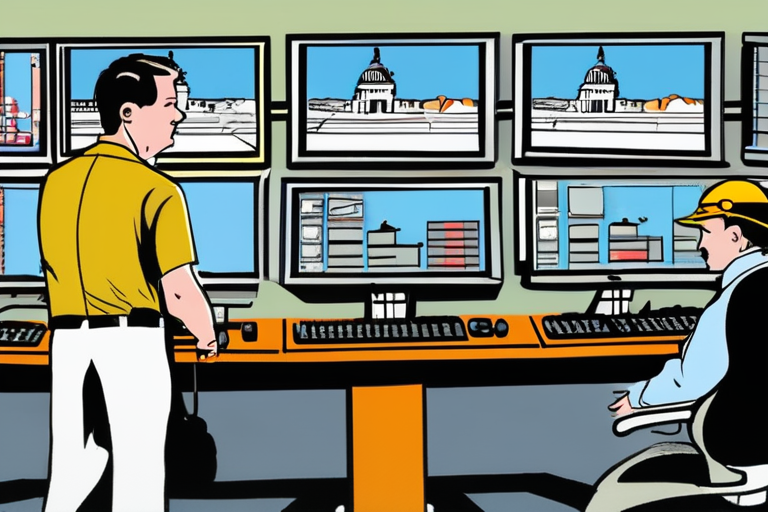


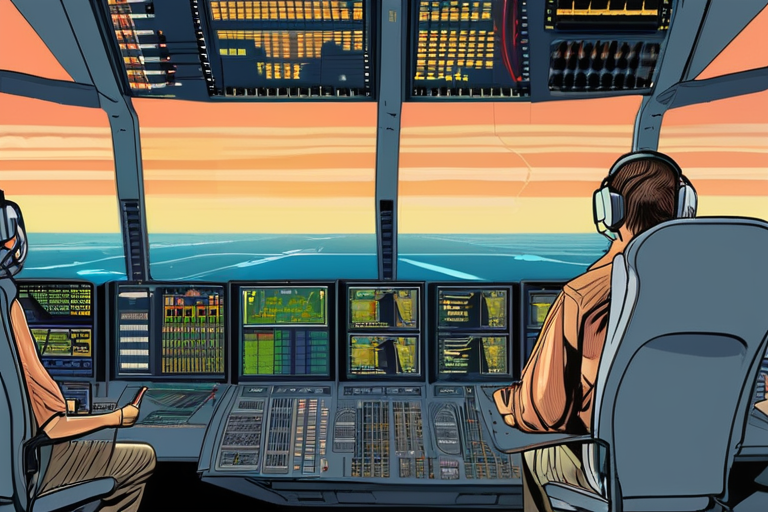
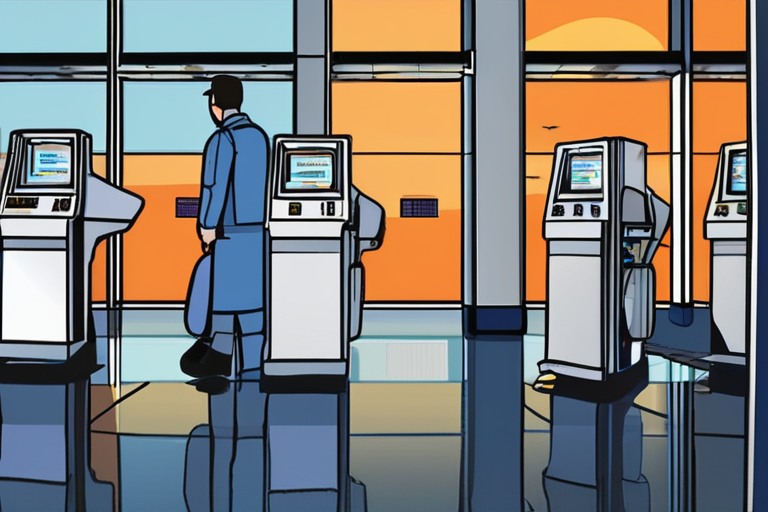
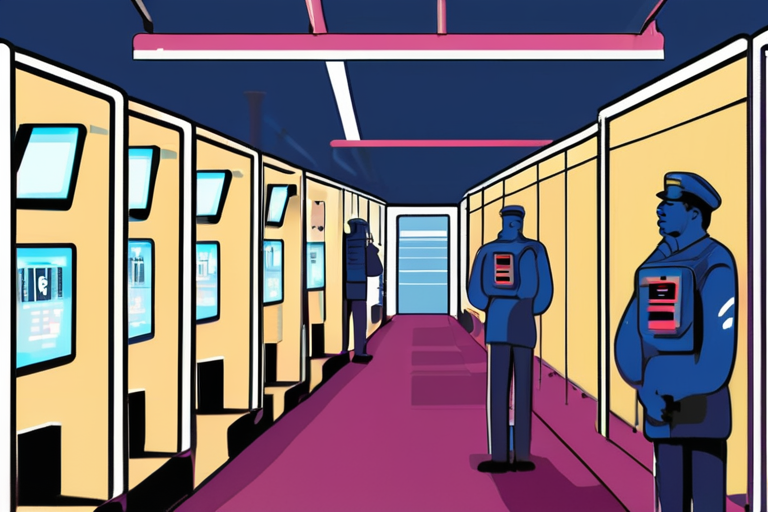

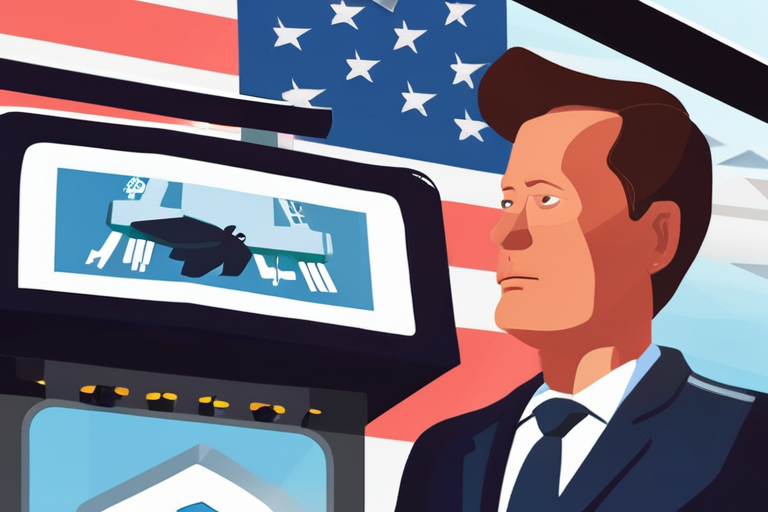

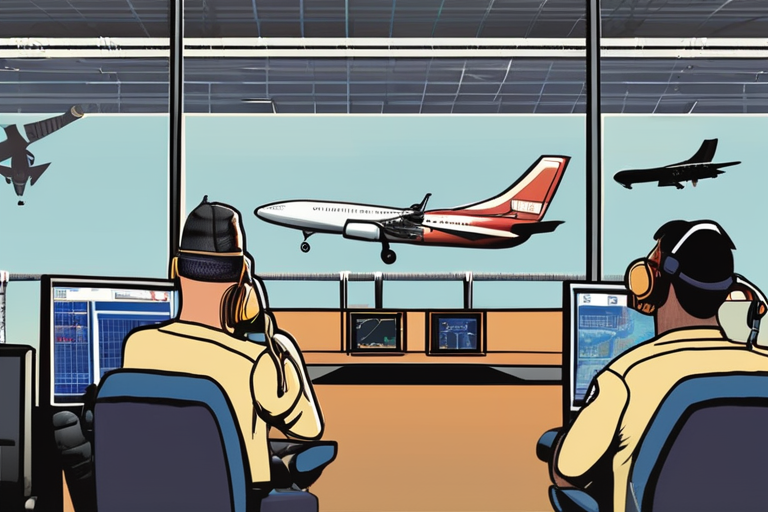


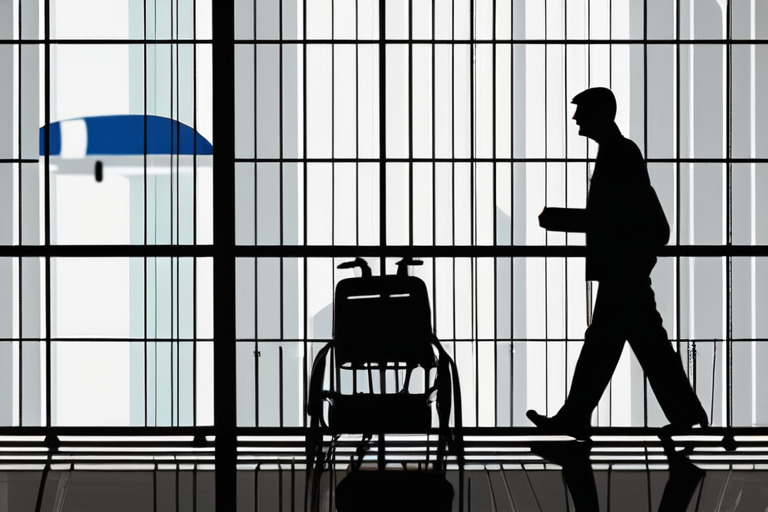
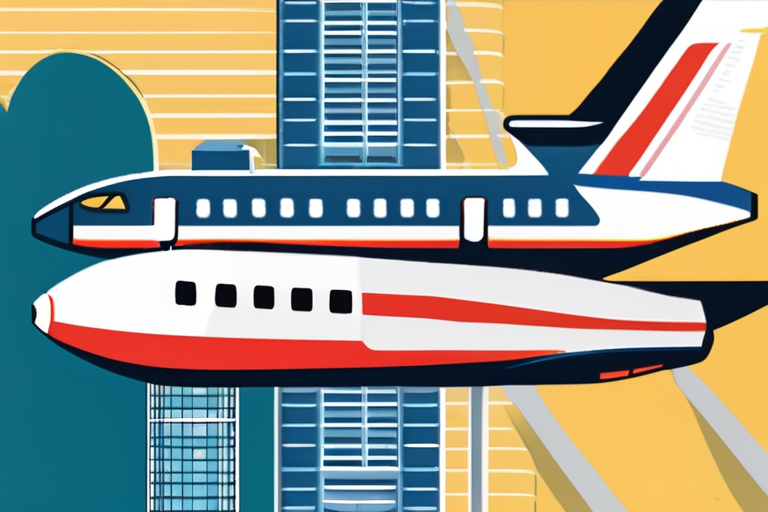
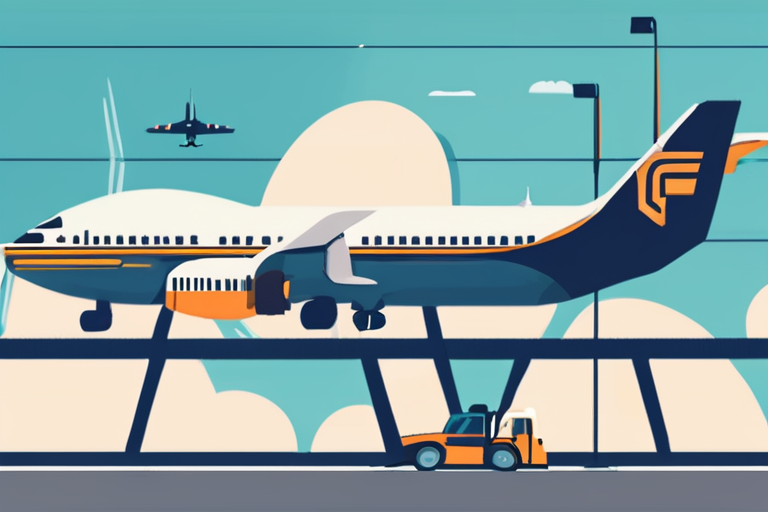
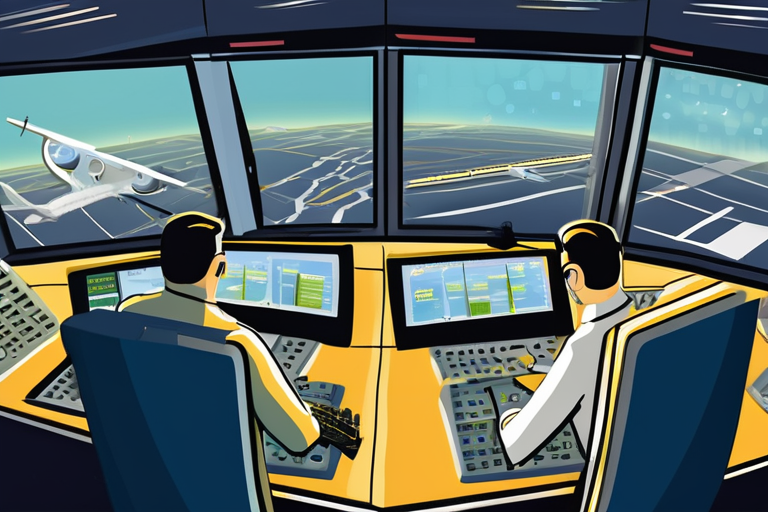
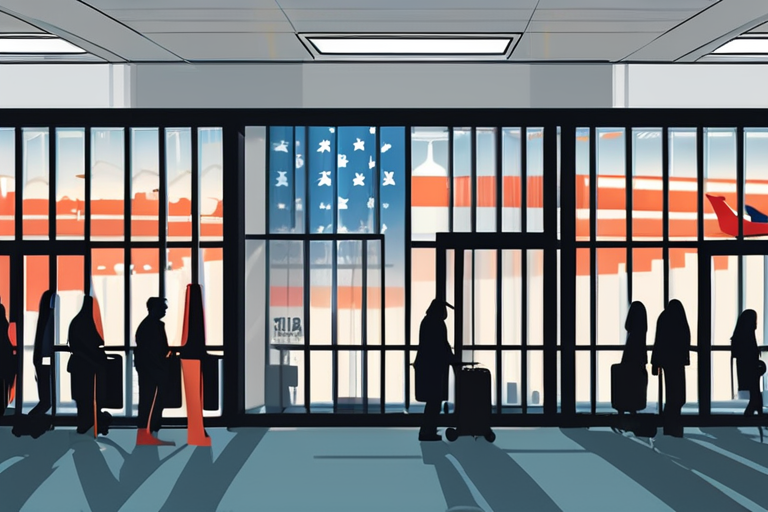
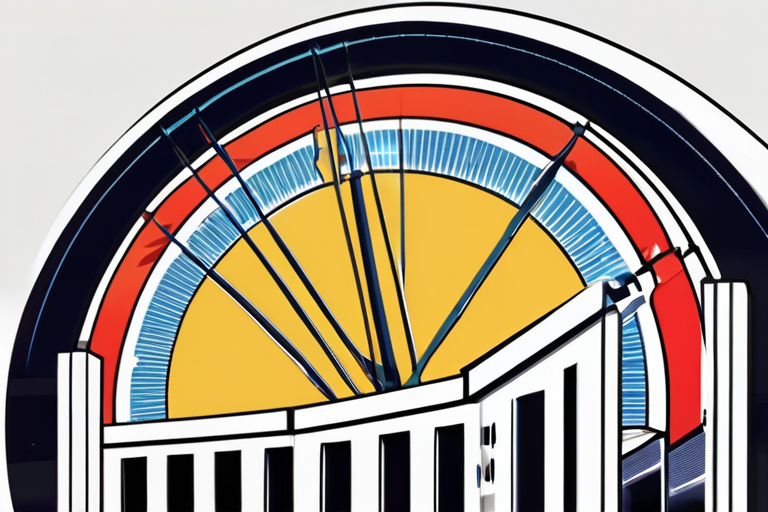
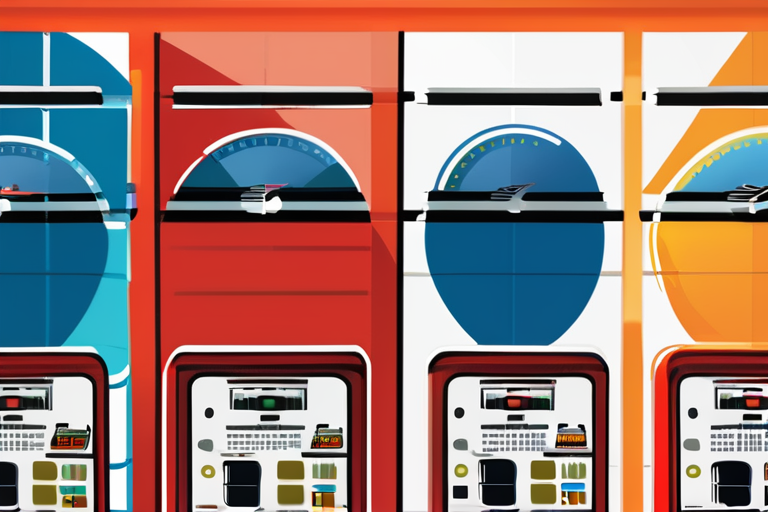

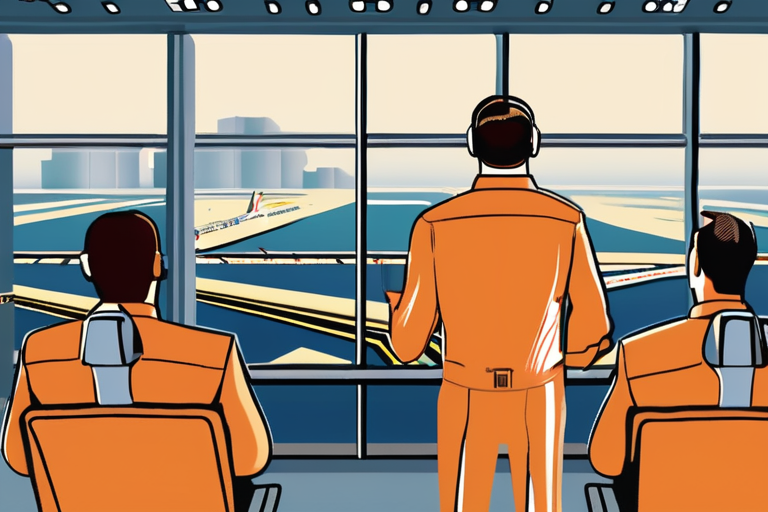
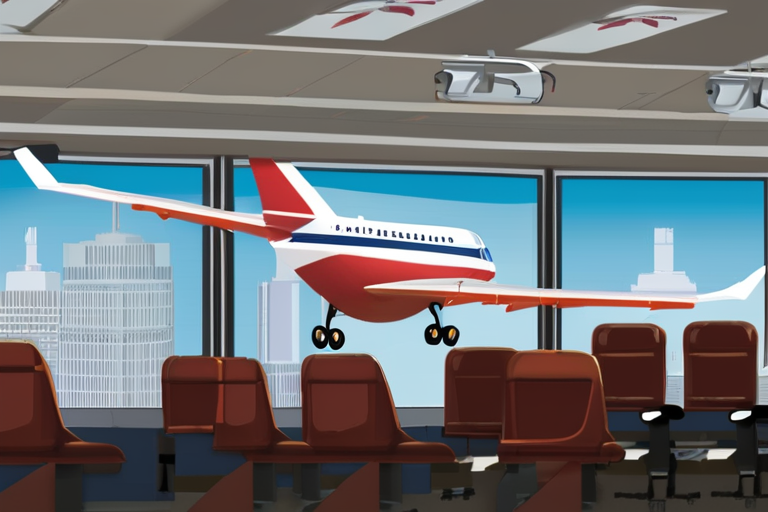

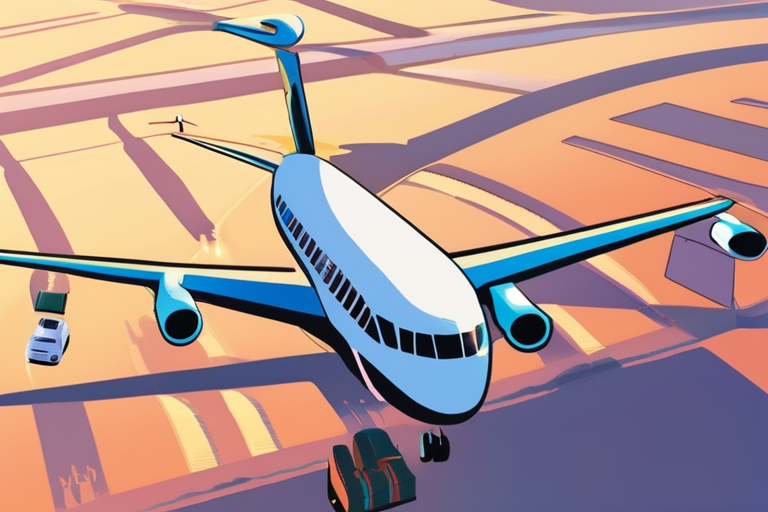
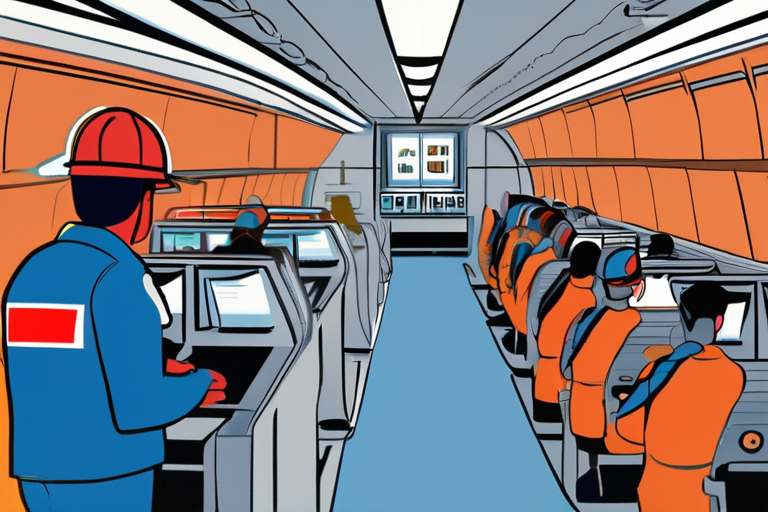
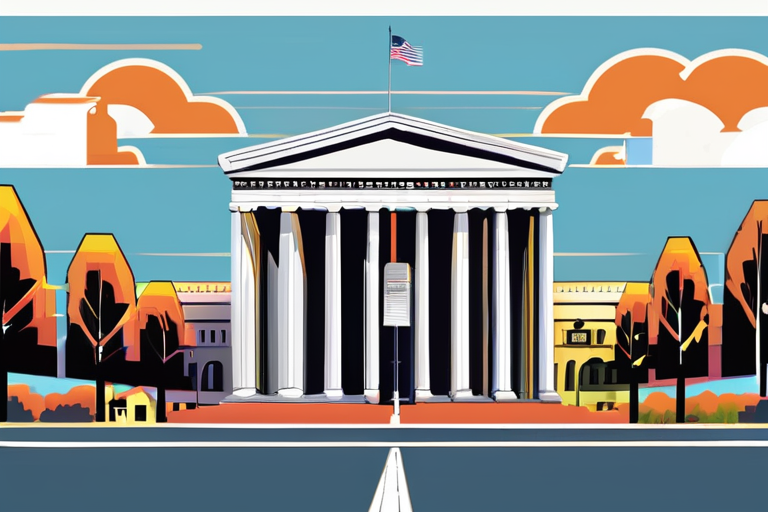

Share & Engage Share
Share this article